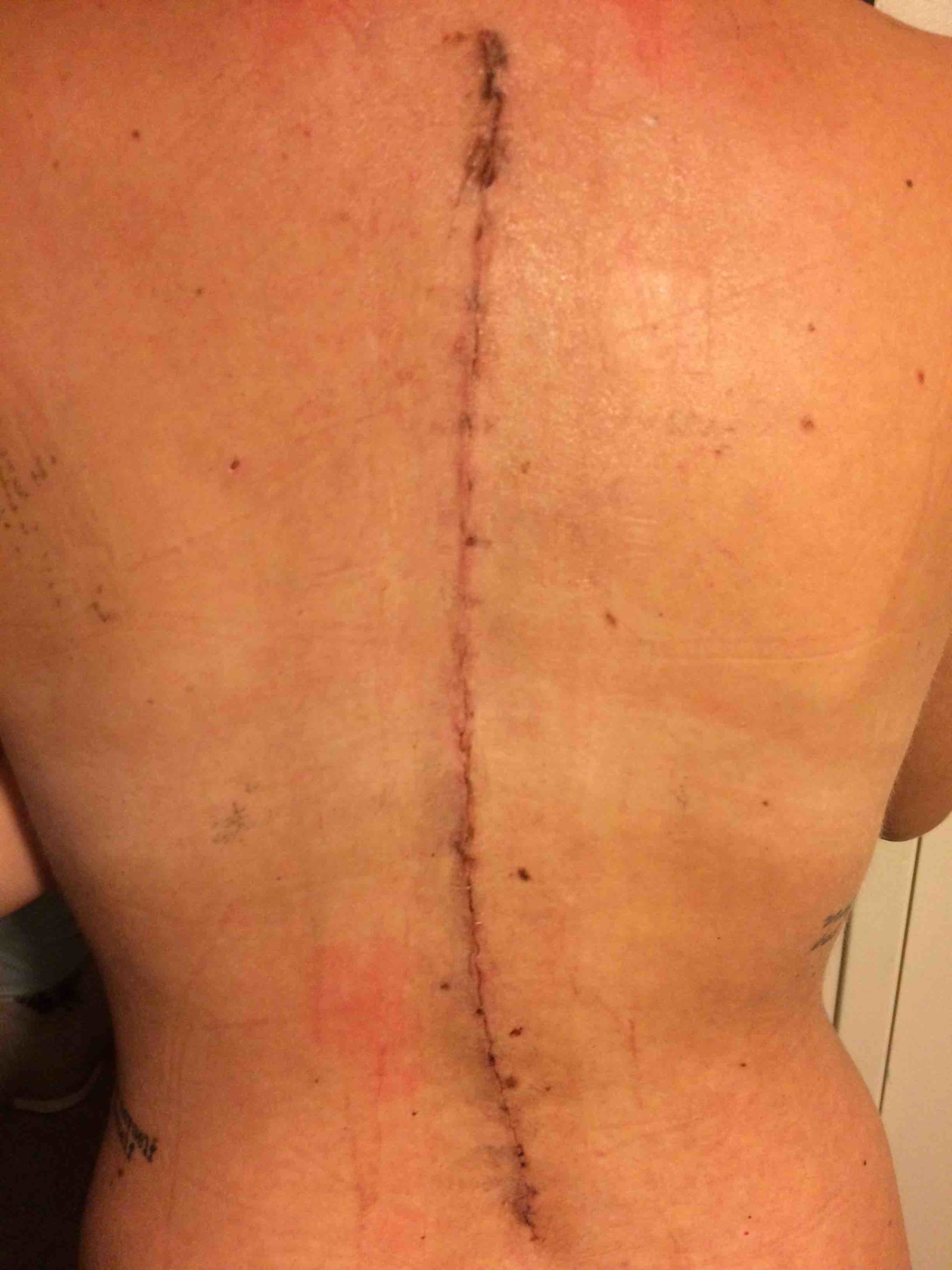What you need to know about Spinal Fusion Surgery
Contents
- 1 What you need to know about Spinal Fusion Surgery
- 2 What Does the Procedure Involve?
- 3 How Long Should You Stay at your Destination?
- 4 How Long is the Recovery Time?
- 5 What Aftercare Should You Consider?
- 6 What is the Success Rate for Spinal Fusion Surgery?
- 7 Are there Alternatives to Spinal Fusion Surgery?
- 8 What Should You Expect Before and After the Procedure?
Spinal fusion surgery is a surgical procedure to connect two or more vertebrae in your spine so that they can heal into a single bone. The goal of the procedure is to correct problems within the vertebrae (such as to restore stability to the spine or to eliminate painful motion) as the bones will not move like they used to and keep you from stretching nearby ligaments, nerves, and muscles. The surgery is often recommended for people with back pain caused by degenerative disk disease, scoliosis, fracture, tumors, spine infection, spondylolisthesis, and spinal stenosis.
What Does the Procedure Involve?
The procedure is performed under general anesthetic, the surgery begins with an incision in your abdomen (anterior lumbar interbody fusion) or in your back directly over your spine (posterior fusion) to access your spine. Then, your doctor removes the joint or joints between the painful or damaged disks. After that, the vertebrae are fused together permanently and kept from moving pieces of bone from another part of your body or a bone bank (called a bone graft). Screws, rods, or metal plates may be used to help hold the vertebrae together.
How Long Should You Stay at your Destination?
You are required to stay in the hospital for two to seven days following your spinal fusion surgery. You should aim to stay in the local area for about eight to ten more days for initial recovery, follow-up checkup, and for the stitches to be removed.
How Long is the Recovery Time?
Recovery from spinal fusion surgery can take as long as six to twelve months. If your job is not physically demanding, you may be able to get back to work and some of your activities within a couple of months, but make sure you consult your doctor about your recovery timeline to avoid any complications.
What Aftercare Should You Consider?
For the first six months following the surgery, you need to avoid bending, twisting, and heavy lifting. You will have physical therapy where you will learn how to move, sit, stand, and walk properly. You will also need to attend follow-up appointments after six weeks, six months, a year, or two years following your surgery, but you can do this with your local doctor. After you recover, you will need to maintain a healthy lifestyle, such as having regular exercise and following a healthy diet.
What is the Success Rate for Spinal Fusion Surgery?
Spinal fusion surgery is generally safe and effective. Approximately 80% to 95% of people who have spinal fusion are satisfied with the result and about 70% said that their pain is significantly reduced. However, as with any surgery, there are some potential side effects and risks, such as bleeding, blood clots, poor wound healing, infection, injury to nerves or blood vessels in and around the spine, pseudoarthrosis, tissue rejection, and risk from anesthesia.

Are there Alternatives to Spinal Fusion Surgery?
There are some alternatives that you can consider, such as artificial disk replacement surgery, Intradiscal Electrothermal Therapy (IDET), and posterior dynamic stabilization. Make sure you discuss with your doctor the best options for you.
What Should You Expect Before and After the Procedure?
Before spinal fusion surgery, you may suffer from fractures, instability, or deformities in the spine and you may experience back or neck pain that limits your movement and mobility. After the surgery, the problem in your spine should be treated and any symptoms should be relieved, allowing you to return to your normal life.
For an in-depth analysis of a Spinal Fusion Surgery Procedure, watch this video.
To check prices or to book a Spinal Fusion Surgery Procedure in Thailand or anywhere else in the world, head on over to MyMediTravel now!

